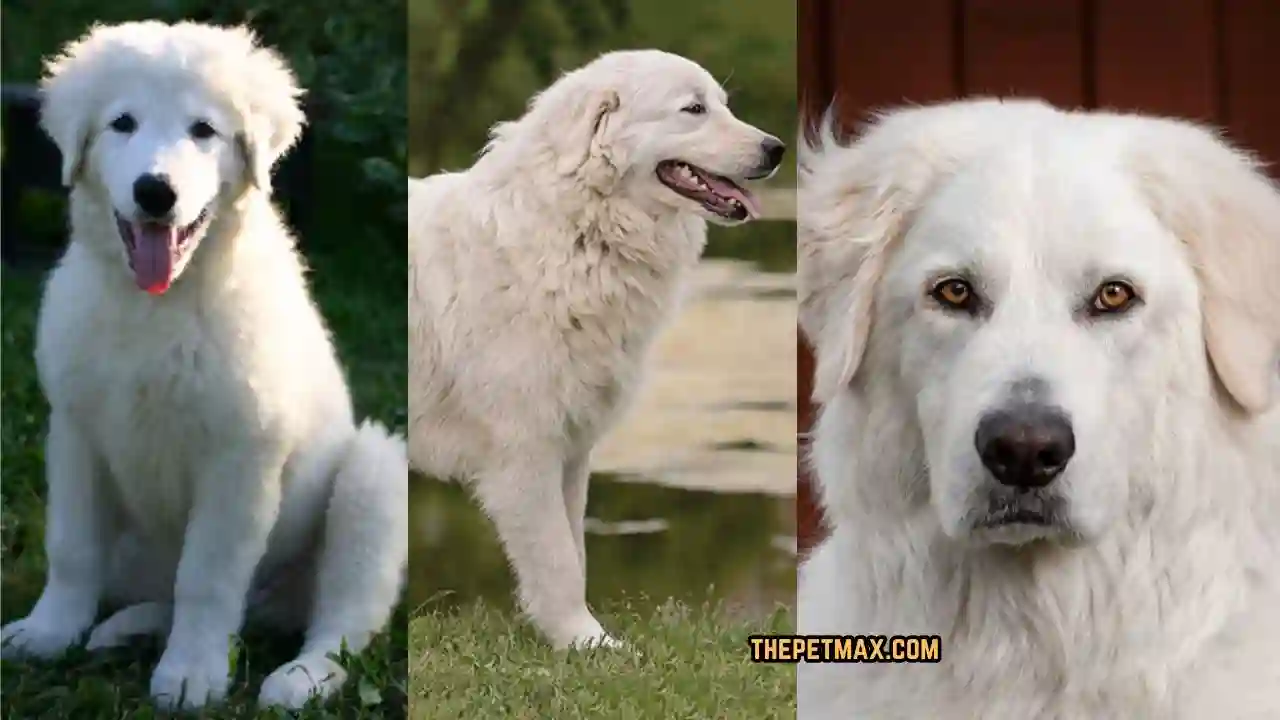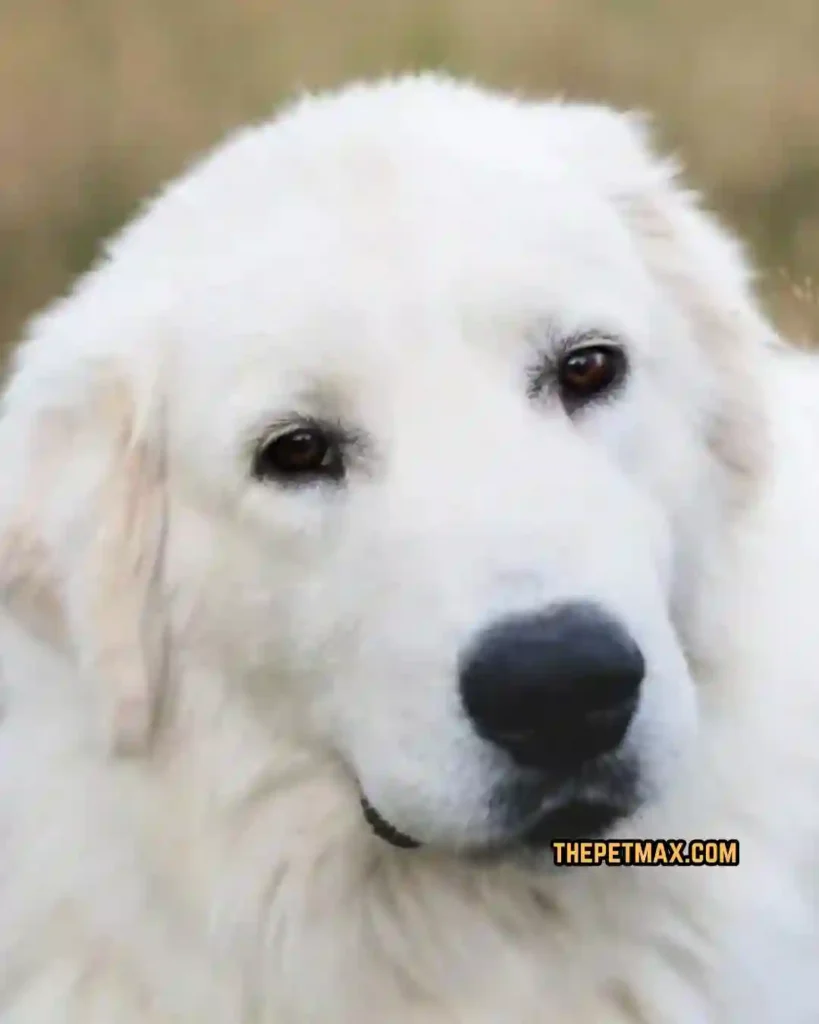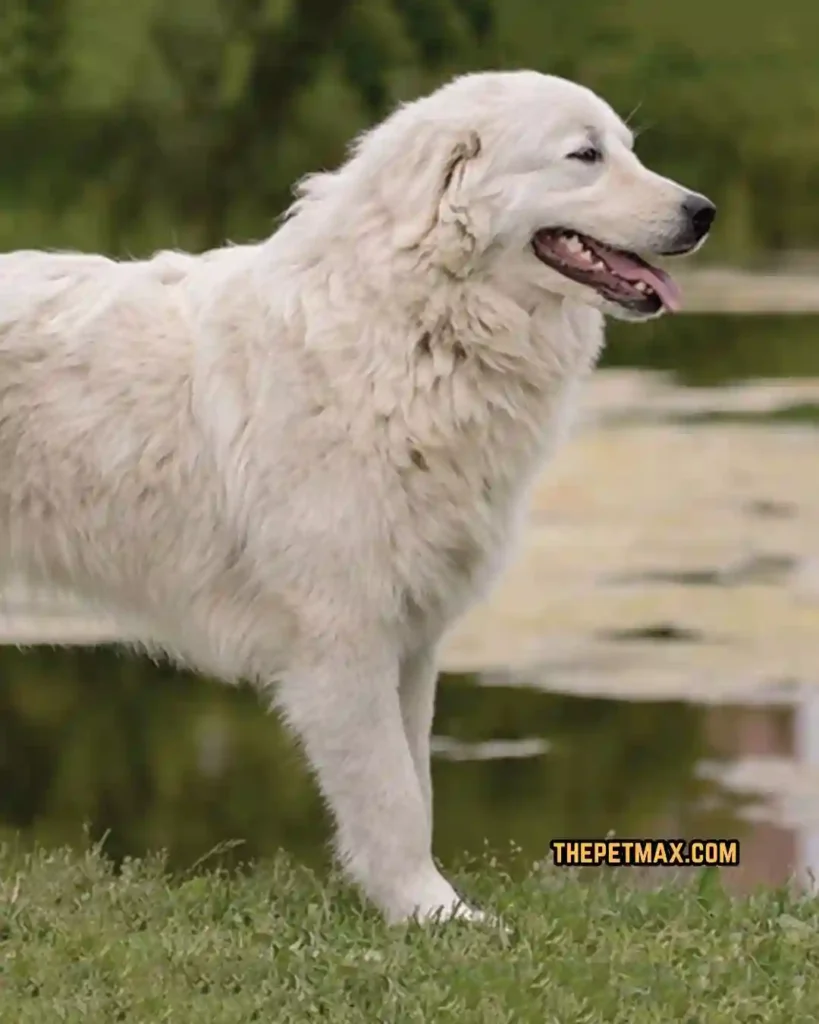Maremma Sheepdog Breed Guide

Bringing a Maremma Sheepdog into your home is the start of a wonderful journey full of fur hugs and mature exploration. There is a sense of security in these cute and gentle cubs, so their appearance is important.
Start by creating a firm, comfortable space, provide a comfortable bed and toys, and let them explore elements of the new environment at their own pace. Early socialization is very important; Gently introduce them to relatives, different pets, and different environments to develop their confidence and behavior.
It encourages readiness to receive feedback and instills patience and respect to provide the foundation for learning basic commands and appropriate behavior. Make plans ahead of time to help them understand the day-to-day considerations and manage the outerwear.
In particular, you should celebrate the time you spend with your Maremma dog, encouraging a loving and trusting relationship that will develop into a loyal and protective companion as they grow up.
Contents
- 1 History of Maremma Sheepdog:
- 2 Some Quick Facts about Maremma Sheepdog:
- 3 Maremma Sheepdog Breed Overview & Appearance:
- 4 Temperament of Maremma Sheepdog:
- 5 Are Maremma Sheepdog Good Family Dogs?
- 6 Are Maremma Sheepdog Good with Other Pets?
- 7 Food and Diet Requirements of Maremma Sheepdog:
- 8 Exercise Needs Of Maremma Sheepdog:
- 9 How to Train Maremma Sheepdog?
- 10 Grooming Needs of Maremma Sheepdog:
- 11 Common Health Problems of Maremma Sheepdog:
- 12 Conclusion:
- 13 Related Posts:
History of Maremma Sheepdog:
The Maremma Sheepdog is loved for its kind and gentle nature, and its origins go back to ancient Italy. Bred to protect domestic animals, especially sheep, in the harsh and challenging environments of the Maremma region, these dogs has a strong sense of protection and trust.
The Maremma Sheepdog was born from peaceful Italian traditions that have lasted for centuries. Authentic records show that their existence dates back to Roman times when they were recorded as guardians of animals against predators such as wolves and bears.
Specific developments of this breed occurred over time due to the needs of their role as pet guardians. The Maremmas are portrayed as ruthless leaders, who choose to protect their soldiers and show a calm demeanor.

Their style, characterized by thick white coats, met functional and symbolic needs. The white coat is a protection for the sheep, and it also symbolizes good, to be seen in their peaceful activities.
Since its inception, the Maremma Sheepdog has fulfilled its role as a dedicated guardian, having a significant impact on animal protection throughout Italy. Their loyalty to the animals they guide and their environmental care earns them respect and dignity, making them great working dogs and companions.
Today, the characteristics of the Maremma people, including their honesty, intelligence and pure nature, have gained influence outside of Italy. They live on as helpers and relatives, keeping their ancient bloodlines alive while fulfilling their duties as faithful helpers to the world’s families.
Some Quick Facts about Maremma Sheepdog:
- Their homeland was the Roman Empire.
- The old Maremma shepherdess has been monitoring the sheep for a long time
- They are detectives
Maremma Sheepdog Breed Overview & Appearance:
The Maremma dog looks beautiful with its snow-white fur. A thick double layer of fur provides a sense of security and increases their beauty. These little guys exude honesty, and their mirrored eyes and curly facial hair make them look like a bunker.
Their muscular structure and bodies reflect the strength and versatility that they develop as they grow older. However, at first the small and beautiful Maremma puppies grow into beautiful dogs, showing the beauty of the world that marks their future as friendly companions and loving relatives.
| Height | 63 to 73 cm |
| Weight | 35 to 45 kg |
| Lifespan | Around 10 to 13 Years |
| Temperament | Loyal, protective, and gentle |
| Litter Size | About 6 to 9 puppies |
| Group | Working |
| Size | Large Sized |
| Colors | White, Cream |
| Coat | Long, thick, and white |
| Shedding | Moderate |
| Puppy Price | USD $800 to $2,000 |
Temperament of Maremma Sheepdog:

Maremma rugs show a style that perfectly combines their natural protection with a simple and authentic look. Initially, these dogs are playful, curious, and energetic. As they grow older, they develop a sense of responsibility and loyalty, traits that are deeply rooted in their heritage as animal guardians.
Maremma Sheepdog are known for their vigilance and vigilance, showing a protective nature towards their families and the environment. Despite their protective instincts, they are calm and composed, friendly and loyal.
They benefit when they have a strong bond with their families, show love and loyalty, and maintain a gentle and tolerant attitude, especially with children and other pets if they live together. Maremma Sheepdog grow up to be loyal guardians and loving family members, possessing a combination of protective instincts and true loyalty.
Are Maremma Sheepdog Good Family Dogs?
Maremma puppies have characteristics that, under the right conditions, can make excellent family dogs. As gatekeeper pets, they have a natural defensive drive and strong willpower. When raised in a family, these dogs can show gentleness, loyalty and love to their human companions.
Cucumbers, along with their natural abilities as guard dogs, often make them great house guards. However, proper training, early and continuous socialization, and gentle but strong guidance are essential for them to adjust to the family.
They may be shy and need to be spared during training, but their friendly and kind nature, especially towards young people when handled well, makes them a welcome companion.
Also consider their abilities and their space, as they grow in situations where normal activities and mental stimulation are available. Given the good soil and climate, the Maremma puppies grow into sturdy, protective and affectionate relatives, bringing a combination of grit and thoughtfulness to the family’s strength.
Are Maremma Sheepdog Good with Other Pets?

Maremma Sheepdogs are known for their grooming at all times and will get along well with all kinds of pets if they are shown and introduced properly. Early socialization is very important in interacting with other animals.
As they grow older and get used to different types of pets, Maremma Sheepdog learn to respect them and be gentle with them. Their calm and gentle nature, combined properly, allows them to form a good relationship with all kinds of creatures in the home. However, it should be remembered that the protective nature of this species may become apparent during adulthood.
This makes people wary of their boundaries and places that are considered “groups”. Establishing social interaction during the dog’s time and always encouraging feedback is the key to ensuring a friendly atmosphere for all animals.
If Maremma Sheepdog are well introduced, regularly socialized, and raised in a good nurturing environment, they can develop friendly relationships with other pets. This shows that Maremma Sheepdog are loyal and caring members of their human family.
Food and Diet Requirements of Maremma Sheepdog:

Maremma Sheepdogs, especially puppies, need a healthy, quality diet to help their development and overall health. Being a large, energetic breed, they benefit from commercial dog foods that are perfect for many breeds of dogs.
This food contains protein, fat, vitamins, and minerals designed to meet their needs during rapid growth. Their energy levels and muscle growth benefit from foods like whole grains, healthy fats, and high-quality protein from animal sources.
As they consider joint problems, it is important to maintain a calcium-to-phosphorus ratio to promote healthy bone turnover. Try not to put too much weight on them so that they don’t put on too much weight, which can strain their relationships.
As Maremmas reach adulthood, their food preferences change and they need more mature food to support their energy and stay healthy. It is important to visit your veterinarian for dietary guidance and monitor weight and body condition regularly to ensure they are eating properly throughout their lives. Additionally, providing fresh water is essential to maintaining hydration and health.
Exercise Needs Of Maremma Sheepdog:
The Maremma Sheepdog is a very active herding dog, so it needs plenty of exercise. Members of this breed are highly intelligent and active, requiring a variety of physical and mental activities such as walking, fetching, playing, and dog sports. Their management partner is excellent.
Adult maremmas need about an hour of exercise per day, and the total amount of exercise depends on their age and overall activity level. You can start training short walks when your Maremma is 3-3.5 months old, and you can increase the length of walks as your child grows.
Some Precautions while Training:
- Try not to train your dog before 10 months
- The ability to understand groups should be limited to public affairs
- Chaining at an early age is highly recommended
- The yard must be fully fenced to prevent the dog from escaping
If your Maremma Sheepdog spends a lot of time indoors, it’s a good idea to let your dog have access to balls or toys, as this will deplete your dog’s energy. Establishing an exercise schedule for your dog, such as walks or exercises after breakfast and lunch and evening playtime, is another good idea.
How to Train Maremma Sheepdog?

Due to the self-willed nature and strong door-keeping skills of Maremma Sheepdog, training them requires patience and persistence. Preparation should start early and focus on socialization so they can get to know different people, creatures, and environments. Maremmas respond well to positive reinforcement techniques such as treats, praise, and rewards for good behavior.
Basic obedience commands such as “sit,” “sit,” and “come” should be taught gently but firmly, and reinforced with short training sessions at different times each day to maintain their attention.
Maremma Sheepdog like to be handled calmly and independently, so avoid any training methods that may cause resistance or fear. Due to its resistance and large size, it is important to arrange a rental; by teaching them to walk safely on a leash, you will have better control while walking.
Build positive relationships with other animals and individuals and develop positive social behaviors. Taking time to work together and being open to new environments helps them learn and adapt.
Setting boundaries early and encouraging strong good behavior can create a respectful adult Maremma. Patience, consistency, and encouraging feedback are the main steps to raising your Maremma Sheepdog, to develop their abilities and help them grow into reliable, respectful, and very strong companions.
Teaching courses and constant mental stimulation are important to keep people intelligent and satisfy their needs. Talking to a professional dog handler can also guide the development of this selfless and intelligent dog.
Grooming Needs of Maremma Sheepdog:

Maremmas are a beautiful, thick double-breasted coat that needs to be kept clean and comfortable. Their soft, weatherproof coat protects them in different environments, but they also require care.
Brushing a few times a week will help eliminate shedding, prevent pilling, and keep your coat in top shape. During shedding (twice a year), brushing your teeth can prevent excessive shedding.
They should be washed occasionally, using a special dog shampoo to prevent them from drying out their skin. Because Maremma Sheepdog are easy to shed, there is no need to wash them. However, his white fur gets dirty easily, especially around his face, so it is important to brush his fur regularly.
It is important to check their ears, teeth, and nails. Their grooming routine includes checking for dirt or debris in the ears, brushing their teeth regularly, and keeping their nails trimmed as long as possible.
Early training can help the Maremma dog to adjust to its change so that it meets well. Additionally, asking a professional groomer or trimmer for grooming tips and advice can help keep your Maremma coat healthy and looking good.
Common Health Problems of Maremma Sheepdog:

Like other breeds, Maremma Sheepdog can suffer from certain health problems. Although they are generally strong dogs, some common health problems in Maremmas include:
- Hip dysplasia: A genetic disorder in which the hip joint does not develop as it should, causing pain and functional problems.
- Neck disease: Like hip dysplasia, this condition affects the neck joint, causing weakness and pain.
- Bloating: Also known as gastric volvulus, this occurs when the stomach twists and turns and can cause serious complications.
- Eye problems: Different eye conditions, including entropion (eyelid rolling in) and ectropion (eyelid rolling out), require correction and can affect the anterior stroma.
- Heart disease: For example, some Maremma horses may develop coronary artery disease or heart murmurs.
Regular veterinary examinations, a balanced diet, exercise habits, and maintaining a healthy body weight can reduce the risk of this disease. Regular exercise and regular check-ups can also reduce the risk of genetic disease. Early identification and early treatment of health problems are important to ensure the health and longevity of your Maremma Sheepdog.
Conclusion:
The Guardians of Italy will be your watchful and faithful companions. If raised in the right environment, Maremma puppies will grow into loving family members and loyal guardians, although they require constant care, socialization and training. Their knowledge and independence, as well as their loyalty, make them a special and valuable addition to families looking for gentle gatekeepers and companions.





